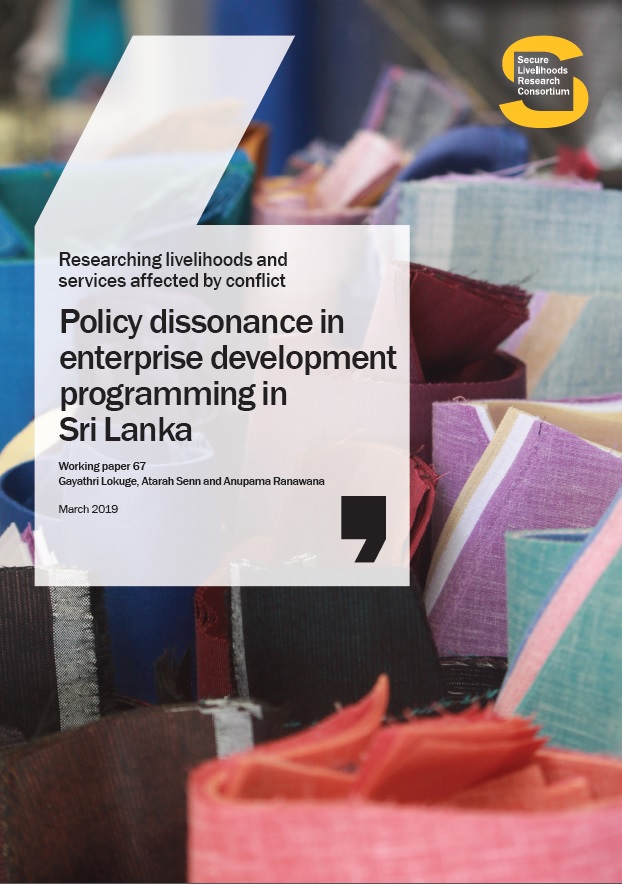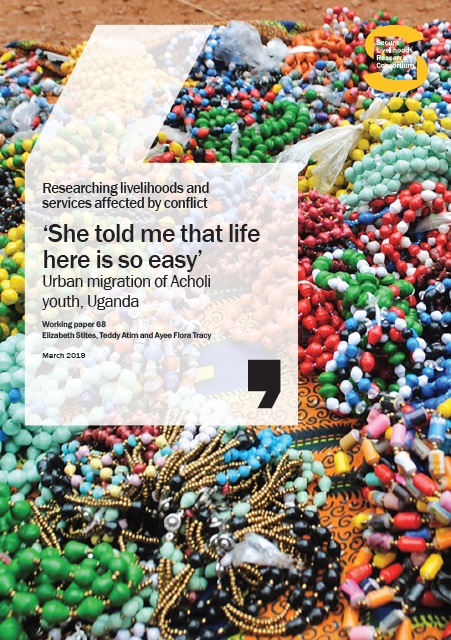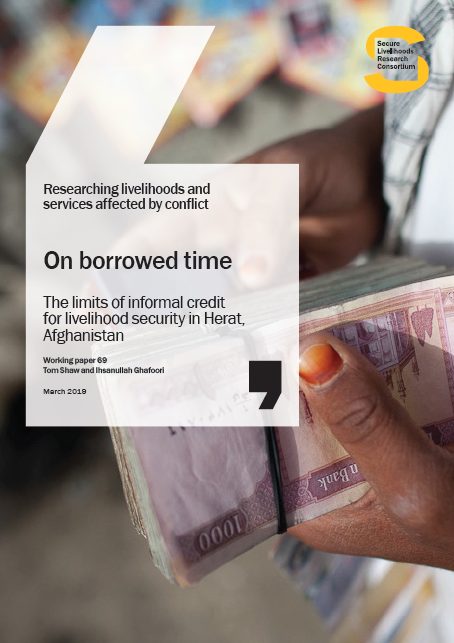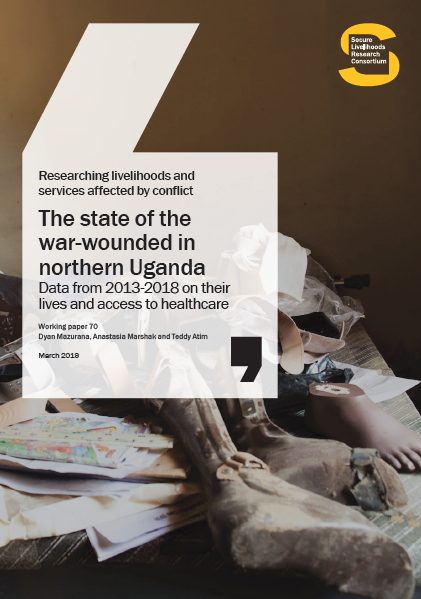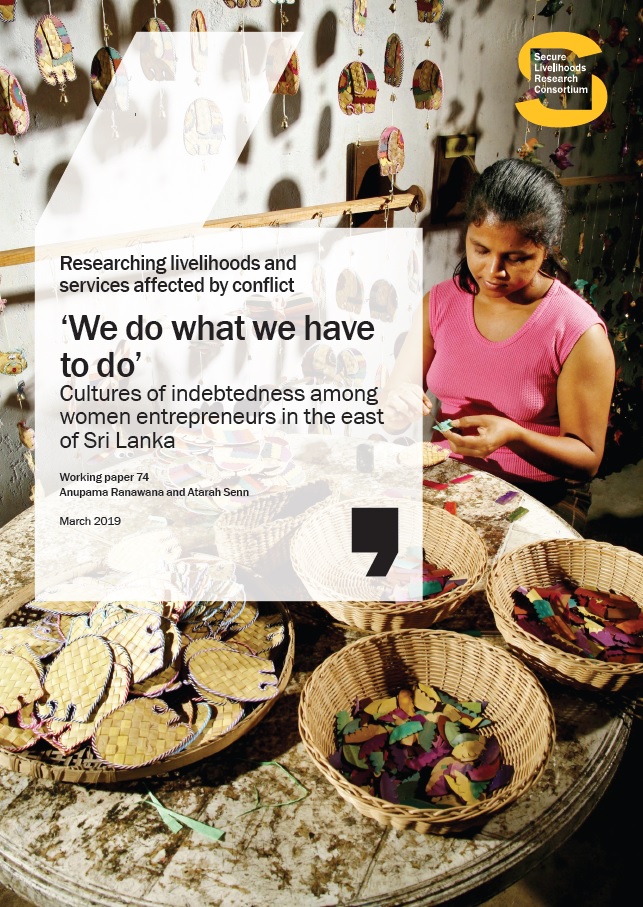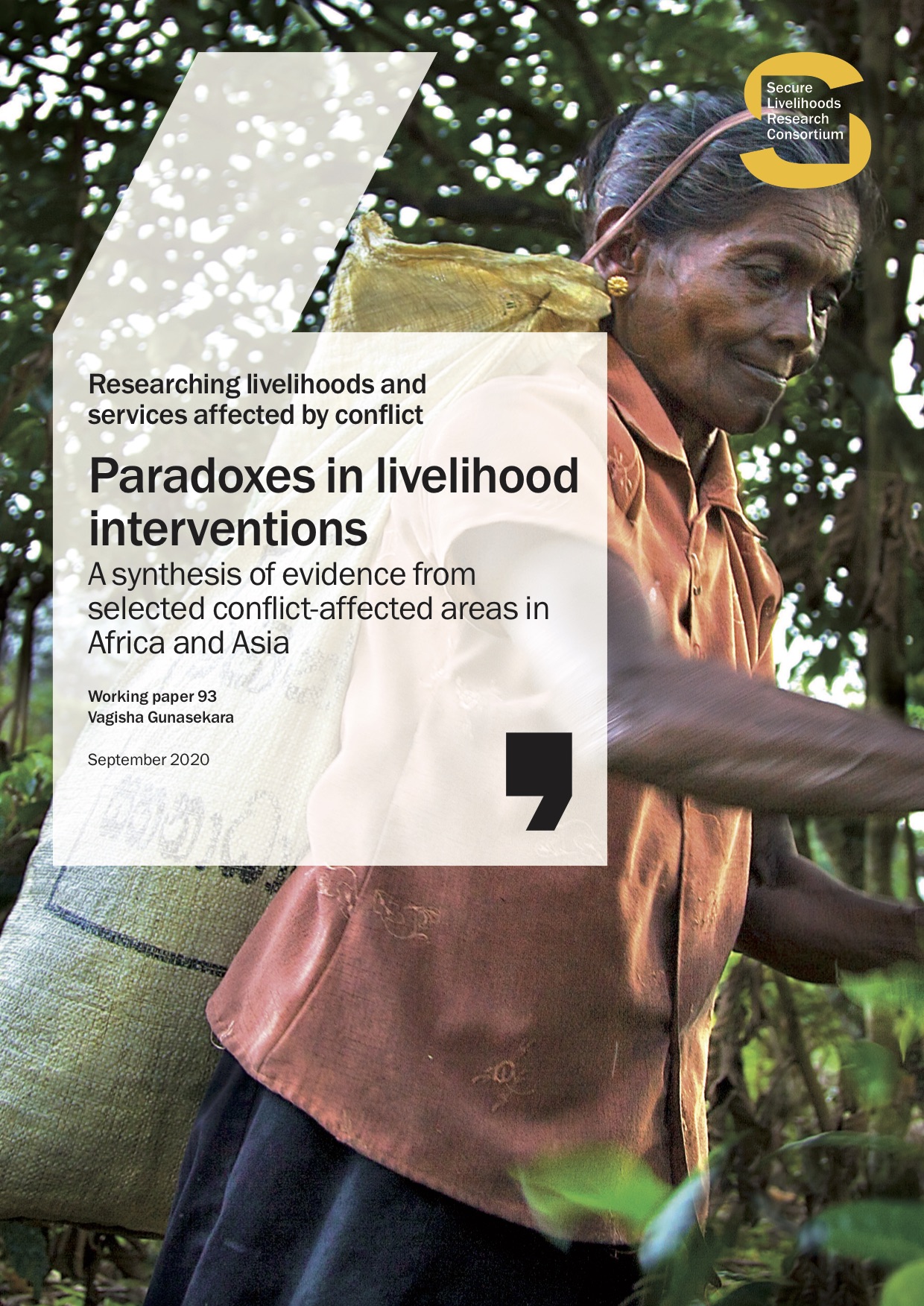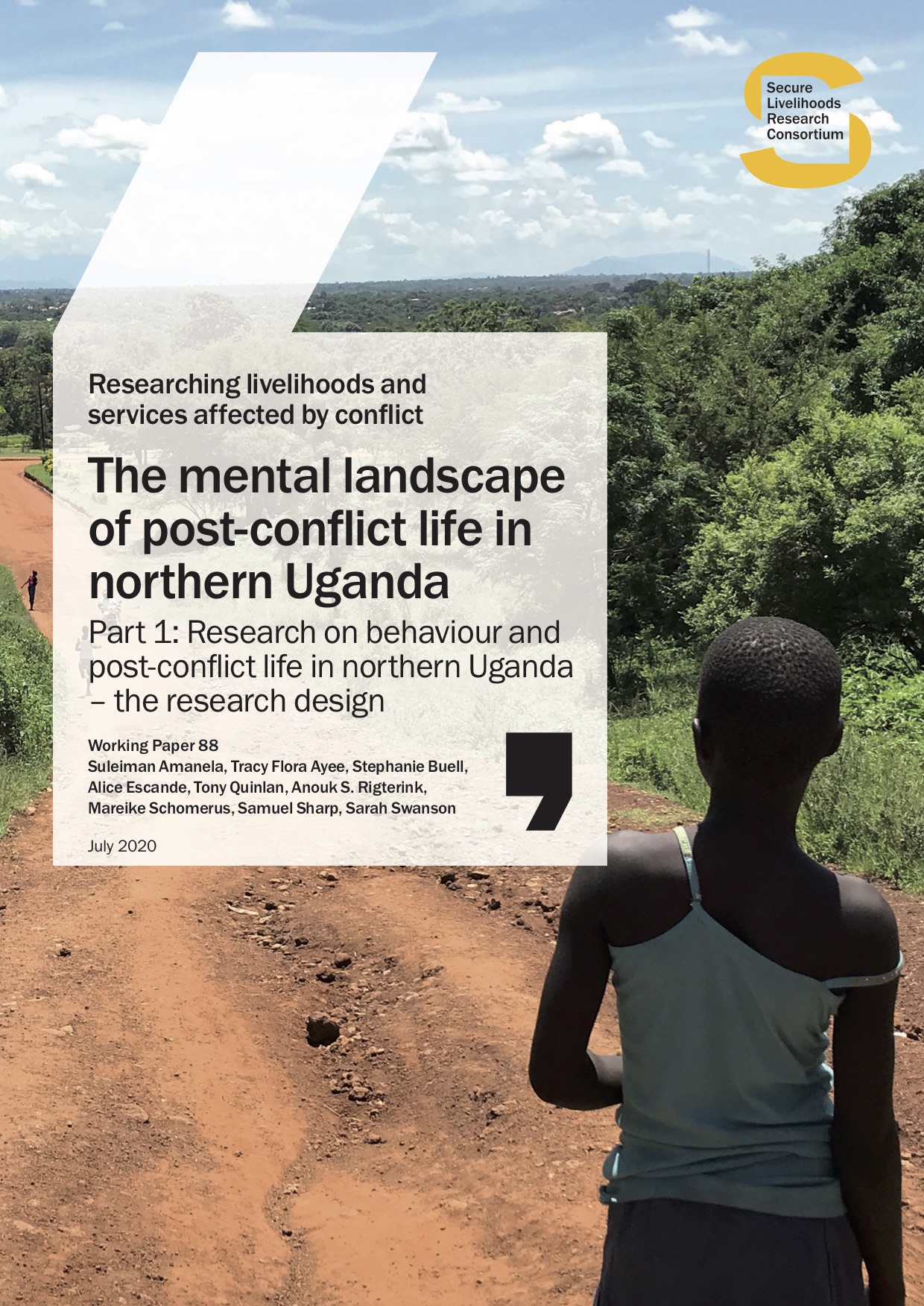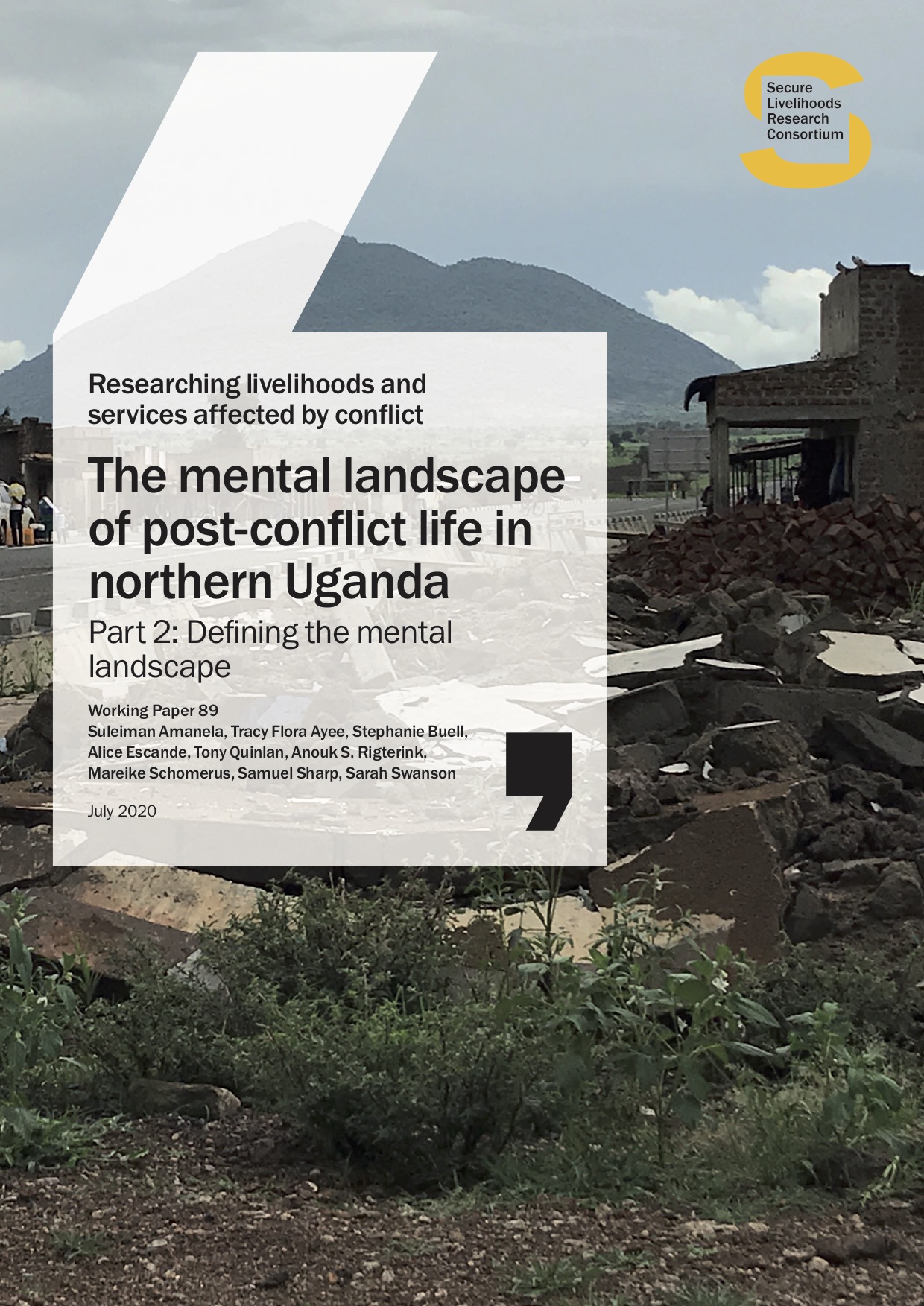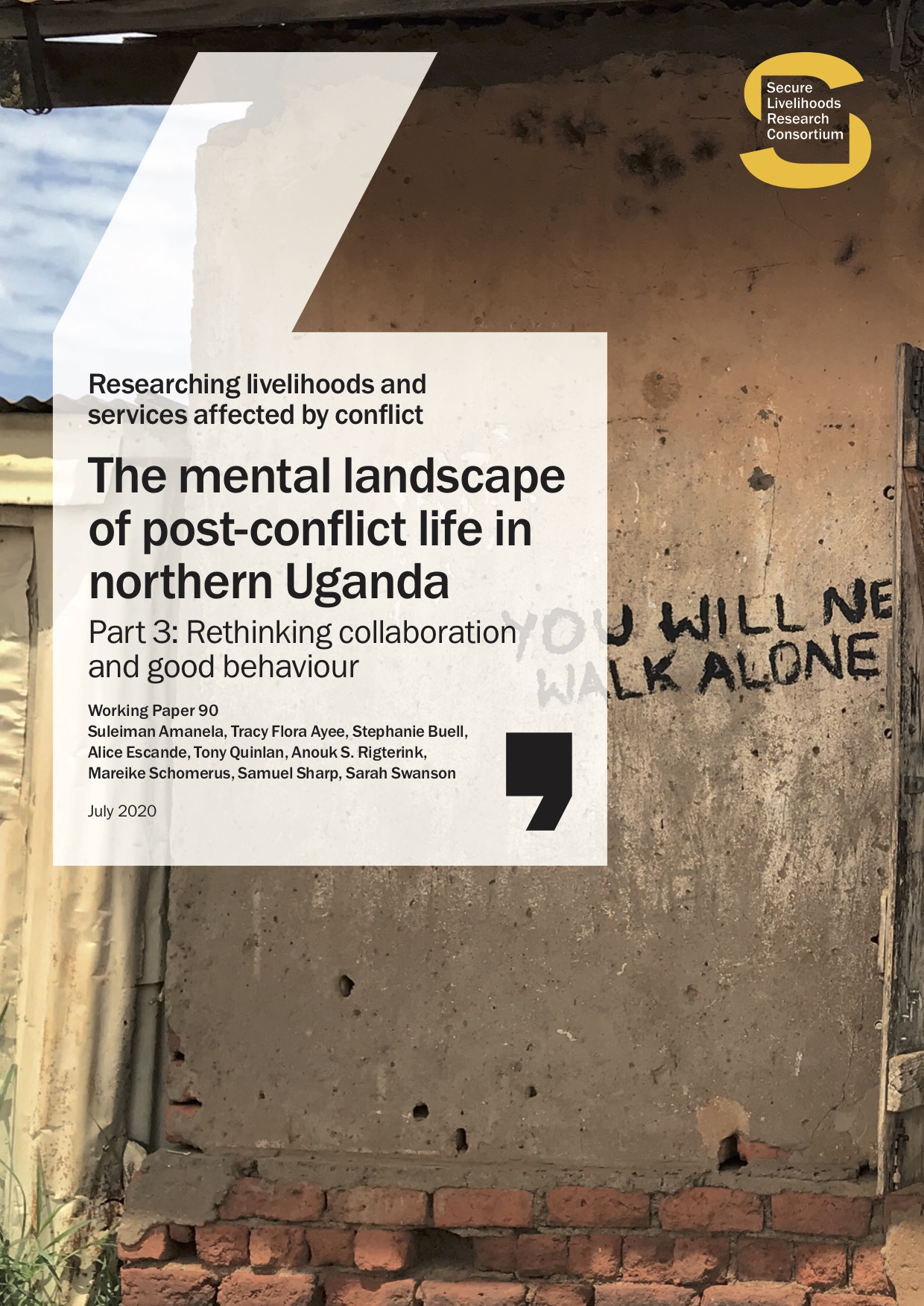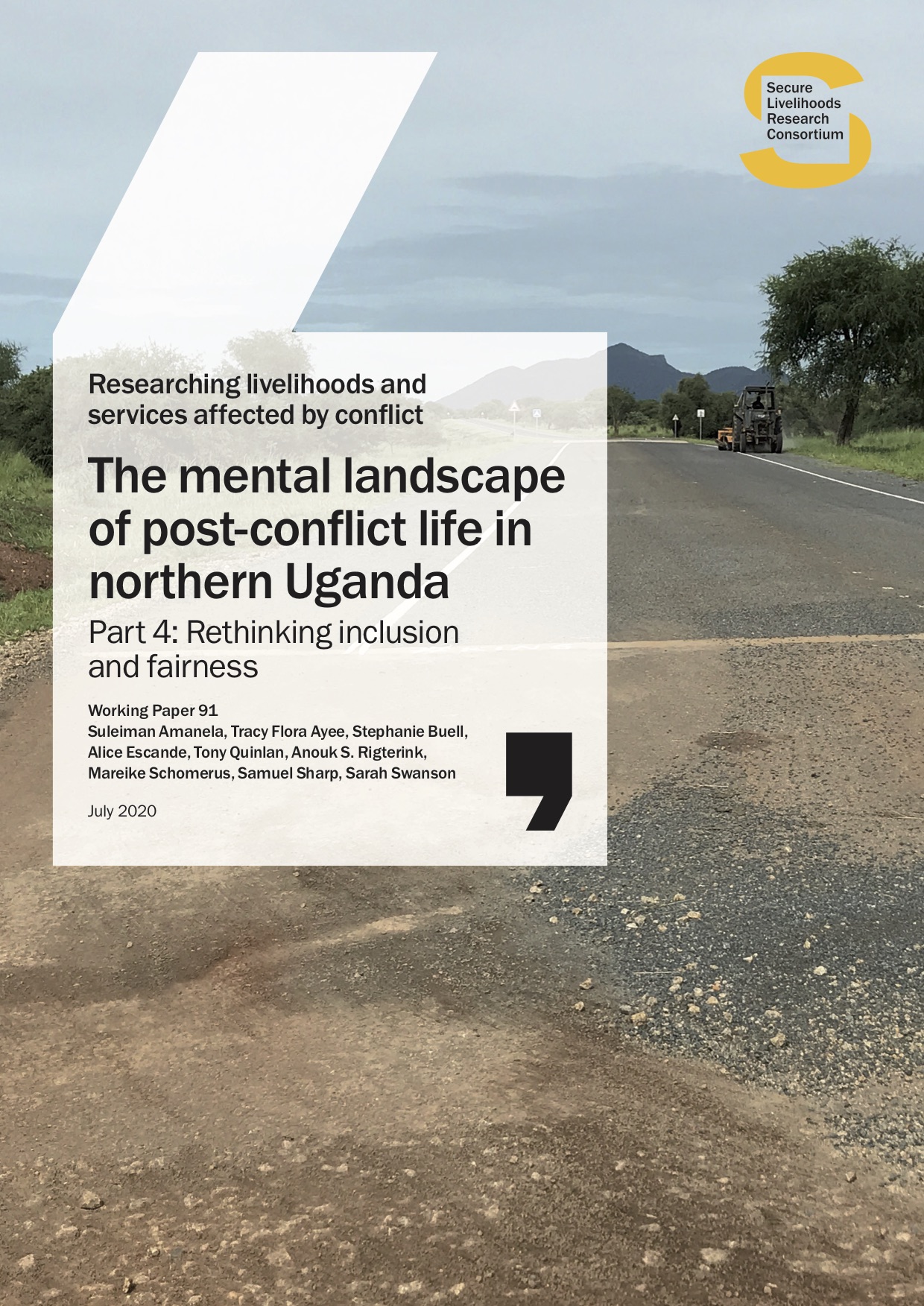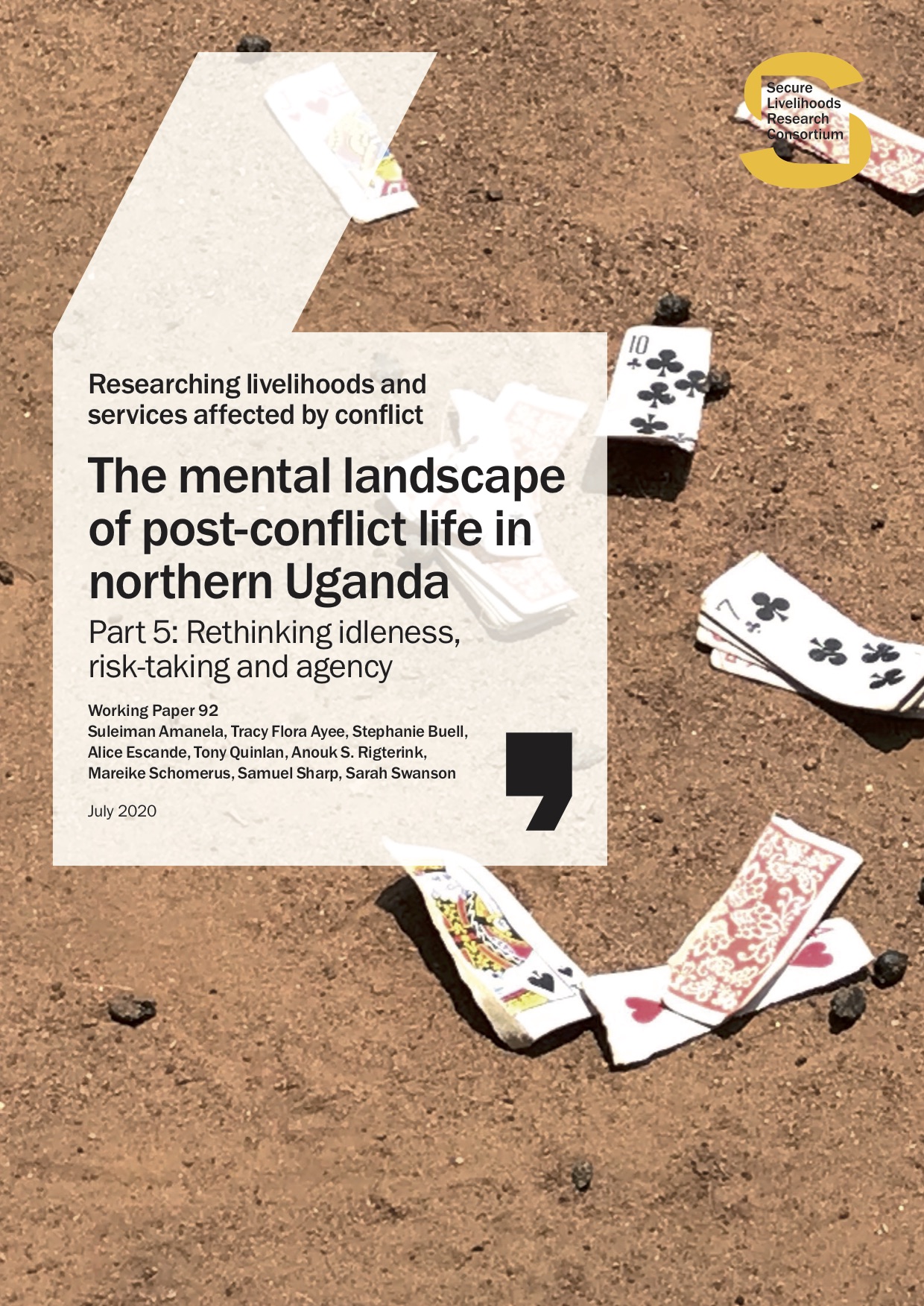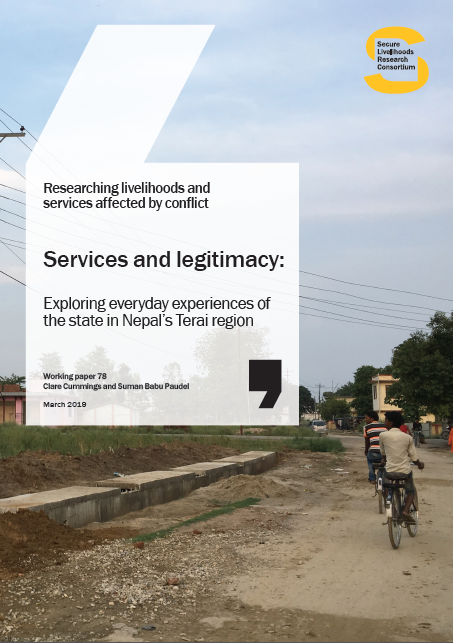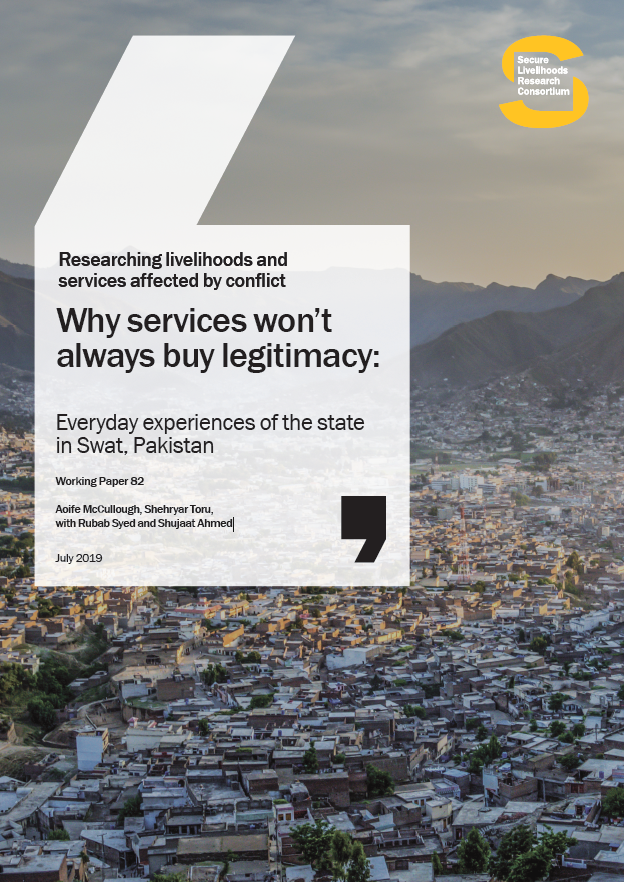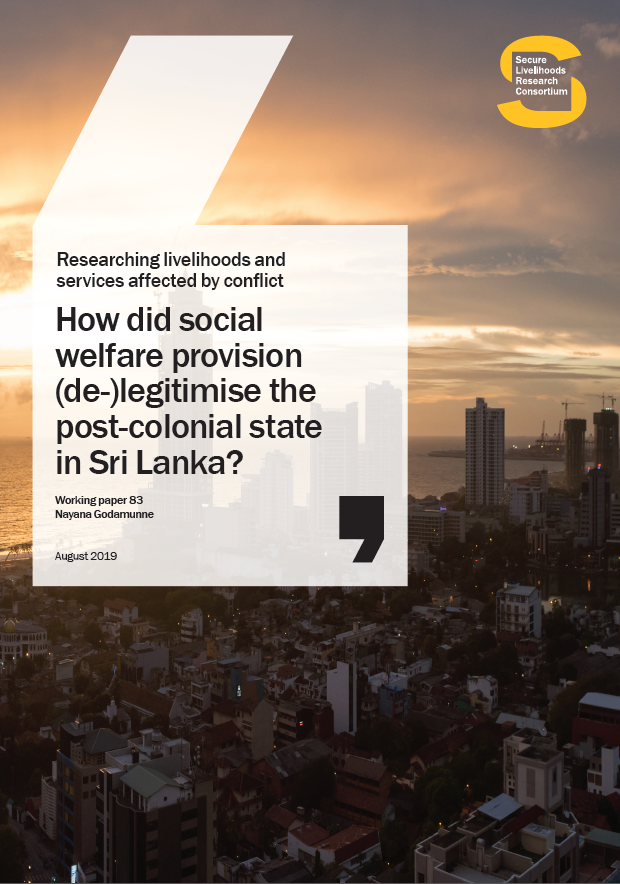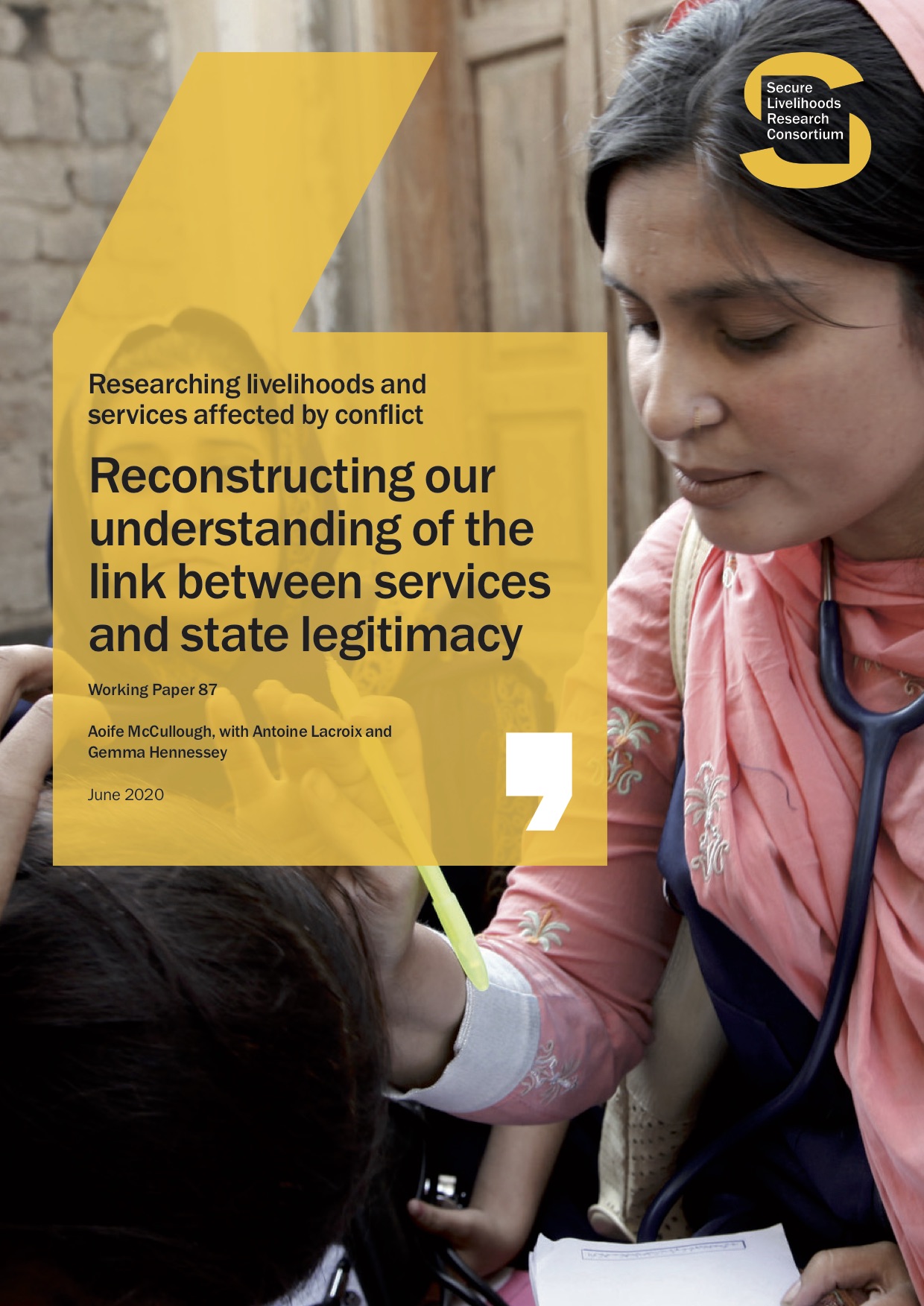The first phase of our research (2011 – 2017) explored questions around state legitimacy, state capacity, and livelihoods trajectories. We learned that state-building and recovery are turbulent processes – and supporting them requires more than technical ‘best-practice’ fixes. Policy and programming need to become more adept at navigating politics, building relationships, and responding to ever-changing situations.
The findings challenged a number of widely-held beliefs in the development sector around how people recover from conflict and the relationship between individuals, services and the state. In doing so, the research threw up a number of further questions, including the continuing instability of livelihoods in post-conflict situations, what shapes the behaviours of people in these situations, and the relationship between service delivery and state legitimacy.
Phase II (2017-2019) therefore seeks to shed some light on these questions and provide practical recommendations and guidance for policy-makers and practitioners.
Theme 1: What are the underlying reasons for continued livelihoods instability in post-conflict recovery situations?
Theme 2: How does the experience of violent conflict or its aftermath link to how people perceive, define, and experience trust, fairness, or expectations of the future as part of their post-conflict recovery?
Theme 3: When does service delivery influence the negotiation of state legitimacy?



